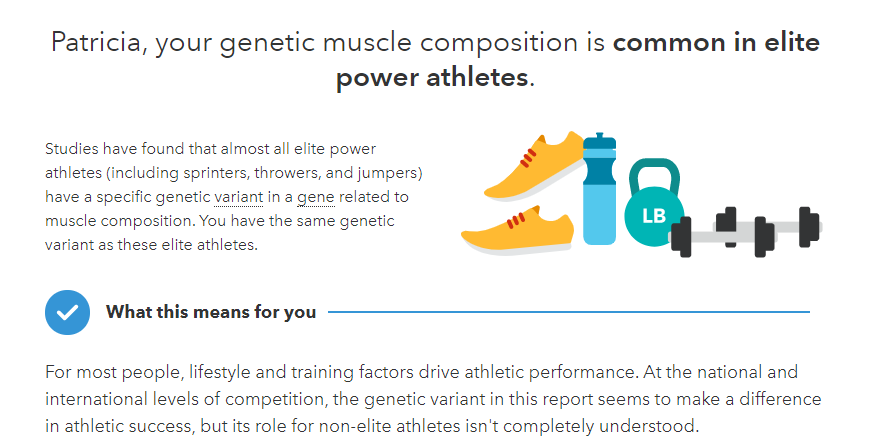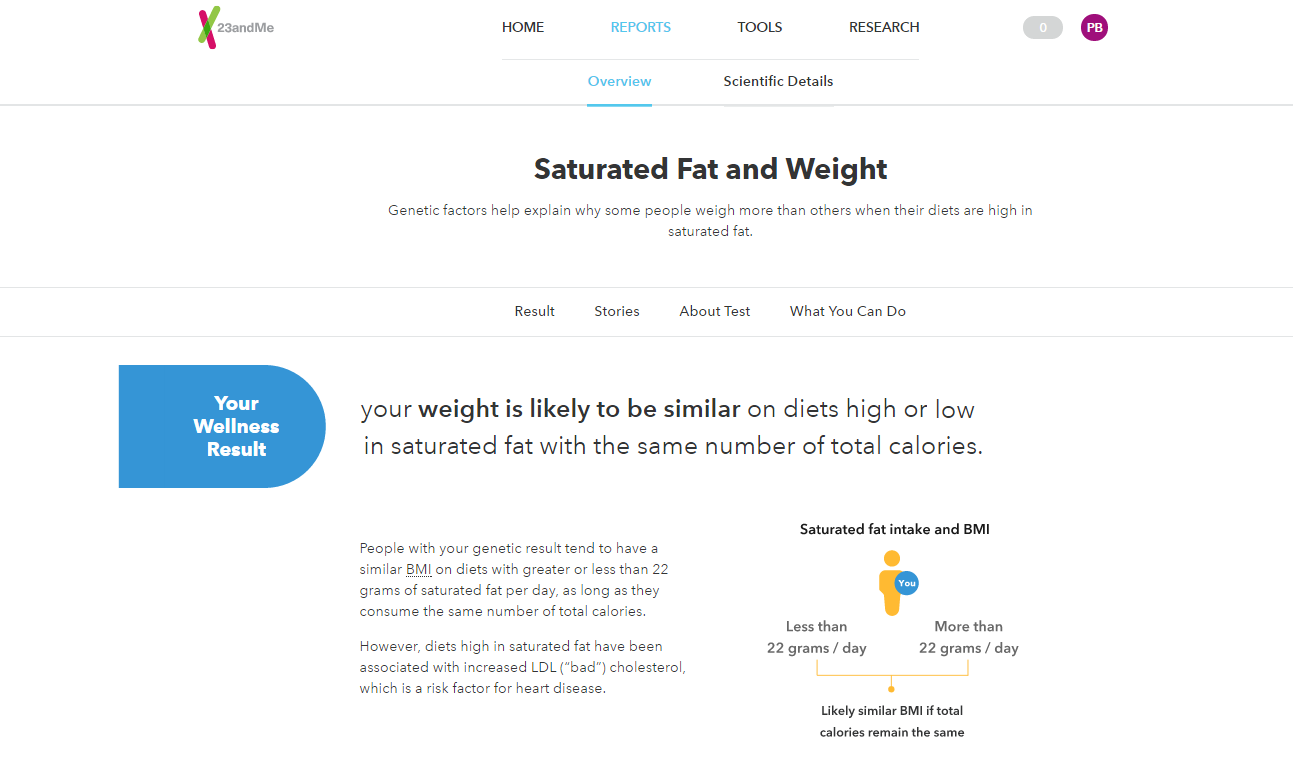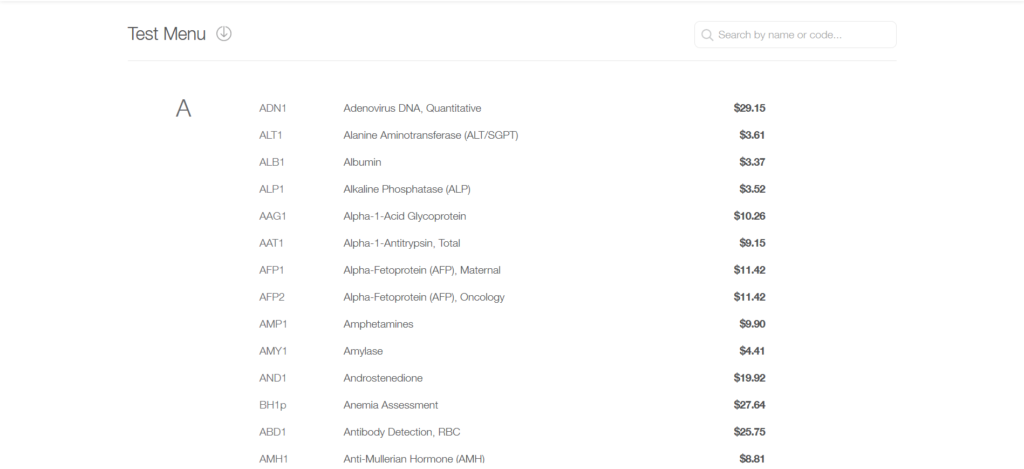
Are you seeing many 23andMe ads this holiday season? Have you already used 23andMe? Would you like to uncover the secrets of your genes? There are many services that can help you mine your 23andMe data to find better strategies to deal with a chronic condition—or perhaps set a New Year’s resolution! You could learn that you have a variant of a gene that increases your anxiety when drinking caffeine, and you may want to start drinking decaf from now on and discover that you feel like a million bucks. Or, you could discover you have the Elite Power Athlete Gene, and want to start training for competitive sports! Or, you could learn you have a gene that makes you more empathetic and capable of handling stress well, and you may want to show your empathy to more people, and take on that big dream project without fears!
If you have 23andMe, Ancestry, or other genetic testing data that you would like to data mine with a more in-depth analysis, this is the time to take advantage of the service offered by Promethease—free until the end of this year. Promethease is a third-party site that allows you to upload your DNA sequence data from genetic testing services and compare it directly with SNPedia. SNPedia is a wiki for human genetics that link SNPs (single nucleotide polymorphisms) to medical conditions like Alzheimer’s, heart disease, or breast cancer (e.g., the BRCA gene), and helps people gain useful knowledge about their health from peer-reviewed, scientific publications.
The Promethease platform was acquired by MyHeritage on September 07, 2019, and to promote the service, Promethease will be free until the end of the year. MyHeritage also acquired SNPedia, but they intend to maintain that as a free resource. If you used Promethease when it was a $12 service, you can try it again for free. You may find new results—as science advances it discovers new links between your genes and health conditions. That is what I found recently, when I learned my “sprinter” gene had become the “Elite Power Athlete” gene!
As mentioned in my previous article, although 23andMe does not seem to want its users to download their raw genetic data, they do allow it—so take advantage of it. Remember that you can opt out of sharing your data for research when you choose any of the genetic testing services. If you do not see the option, contact their customer support. Creating a report in Promethease is easy. You upload your data, and then you wait for an email to download the results. Your downloaded results will open in a browser. The results do not focus on a particular disease you may be interested in, but will display all possible genetically linked conditions.
If you would like a more focused report that looks at a particular disease or condition, OmicsHelpDesk.com will connect you to Data Health scientists. They will answer your questions by analyzing your report and researching the scientific literature for the latest medical discoveries linked to your data.



